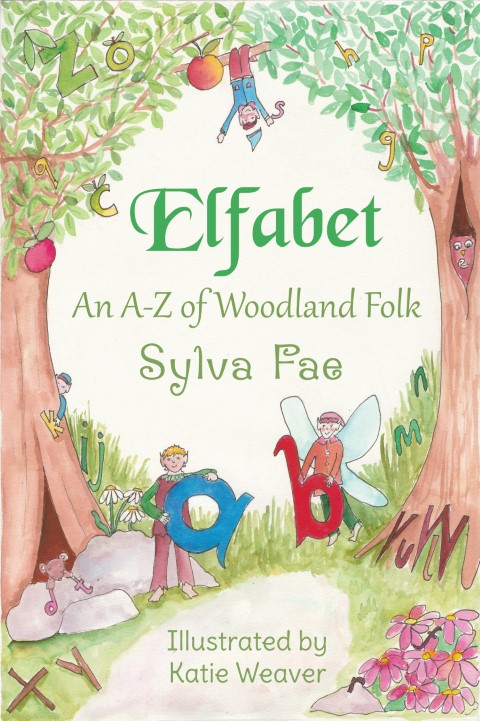It’s time for another article highlighting an author, and this time the choice is Val Tobin.

A multi-genre author, Val has written books ranging from supernatural thrillers, paranormal romance, romantic suspense to mystery and suspense, and even horror. I have chosen the title of one of her award-winning books, Injury, for today’s word exploration.

Injury
It’s interesting to think about what ‘injury’ actually means. We think of it as hurt or damage, perhaps to a person; an injury playing sport, a serious head injury following a car accident, and so forth. But of course, it also has a legal sense, a violation of rights that may not incude any bodily harm.
It’s worth remembering this second usage as we look into the origin of our word. Compared to some, it does not measure an enormously long history in the English language,, having entered it some time during the late fourteenth century. It came with the meaning of harm, but also of specific injury.
Let’s take a look at an example from Chaucer from 1390:
[…] oughten haue greet repentaunce of the iniurie of the wrong that they hadden doon.
([…] ought to greatly repent of the injury caused by the wrong that they had done.)
You can see that in this example, the form of our word is iniurie, although in other contemporary texts, it may also appear as injurie.
It was taken from Anglo-French injurie, which, rather than specific bodily harm, meant ‘wrongful action’. You see now why I said to hold on to the legal sense of the word today. Anglo-French, of course, did not invent the word, but rather took it from Old French injure, and from that we can trace its origins back to Latin iniuria. In Latin, it meant ‘wrongful, unjust, unlawful’. Yes, that’s unlawful, as in, illegal, and if you take away the prefix -in and look at the second element of the word, you may see something else associated with the justice system; jury. And indeed, the two are related.
The prefix -in denotes the opposite of a word, or renders it negative, giving a sense of not. The second element is the feminine form of iurius, with the meanings I already gave. This in turn came from ius, which meant ‘a right’, in the sense of ‘legal right’.
It can be traced back to Old Latin ious, which may have meant more specifically ‘sacred formula’. Since religion was important in public life, it is easy to see the association between the two meanings. We can look at Latin iurare for comparison. This verb meant ‘to pronounce or intone a ritual formula’.
From ritual formulas to rights to bodily harm, this word has come a long way. We wish a similarly interesting path on today’s highlighted author, Val Tobin.








